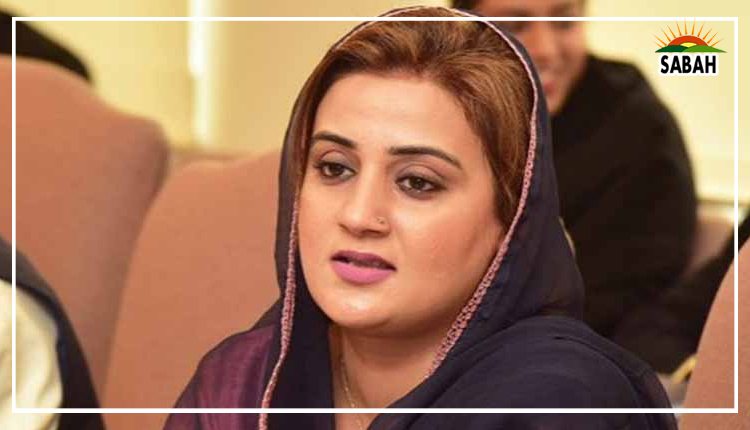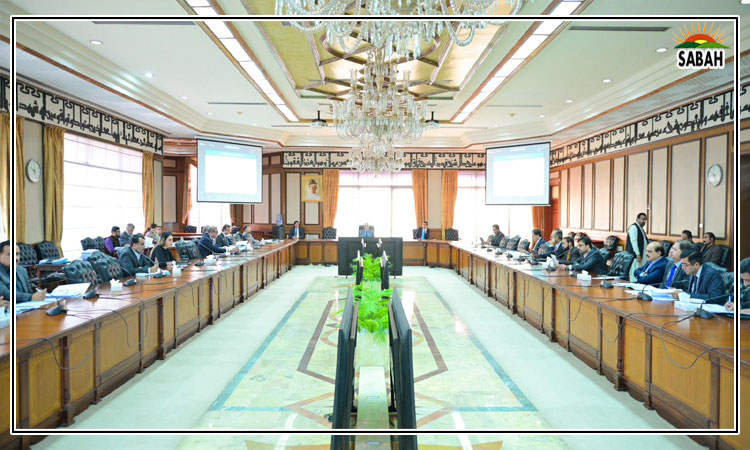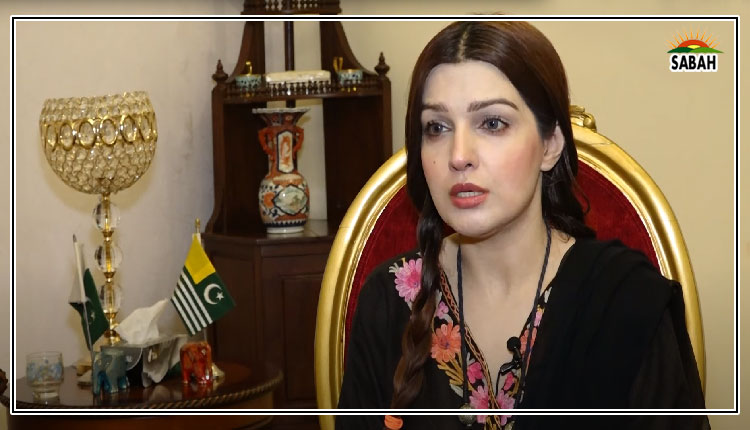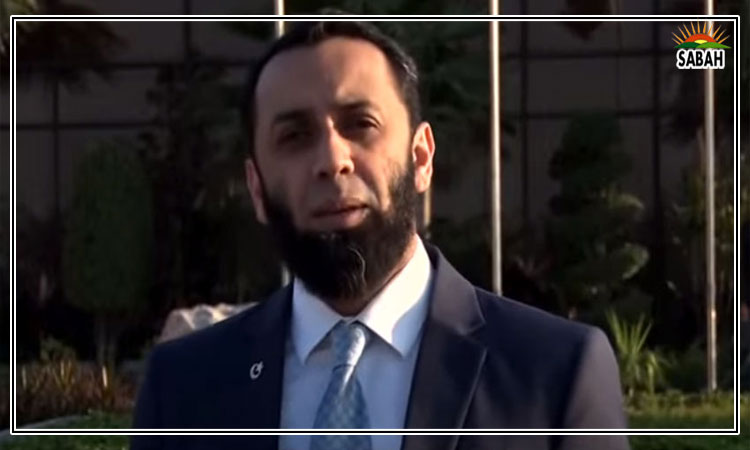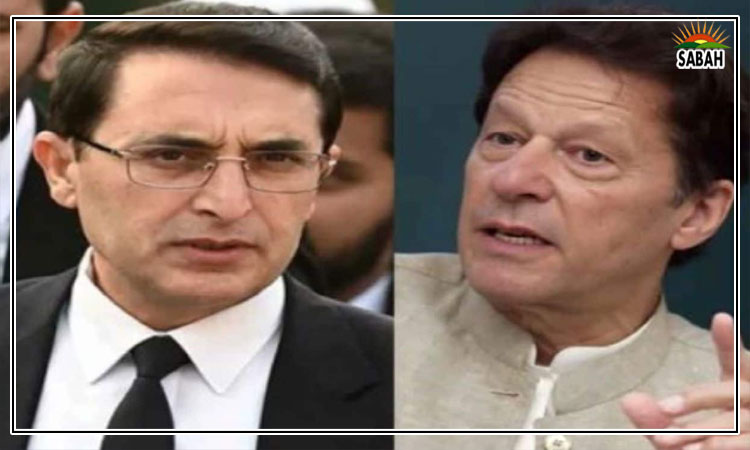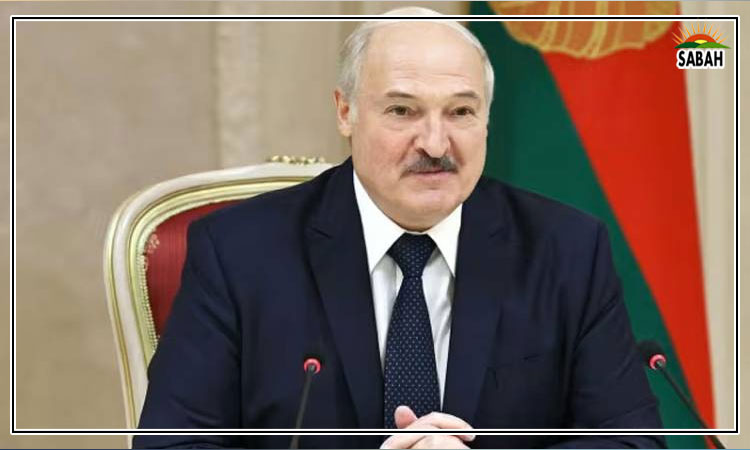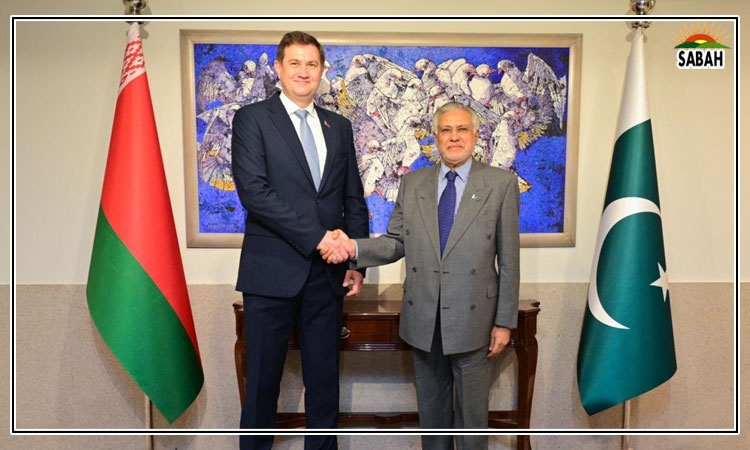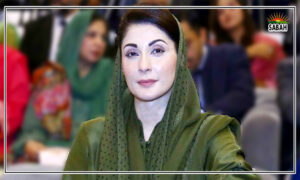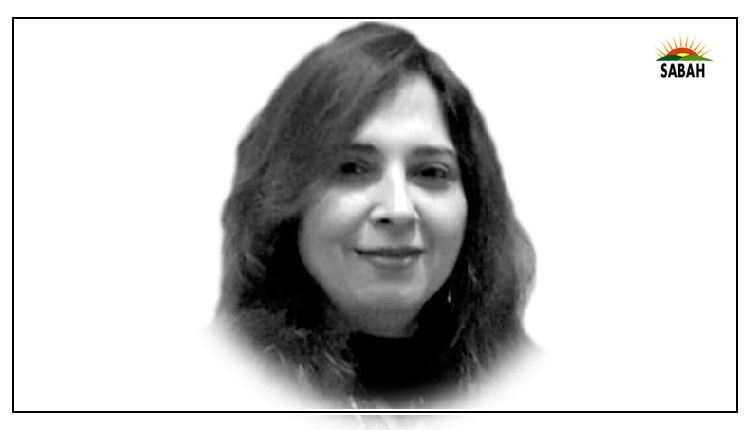From watchdog to lapdog…Durdana Najam
Freedom is one of the basic needs of every person, just like food, clothing and shelter. Freedom is to sit in the driving seat of ones life and make choices. But, unfortunately, freedom has been the worst hit throughout human history, whether during war or in times of peace. When politicians, generals and policymakers form a narrative of their choice and enforce it, they build barriers to freedom.
The task of a journalist or press is to untangle, assess, probe, pursue and question the narratives politicians and policymakers make. As a guardian of truth, it is the responsibility of a journalist to see whether the narrative is another scaffold or a building block to development.
Here, I endeavour to discuss not how politicians or the government have controlled freedom of expression or freedom of the press; my purpose of writing this column is to discuss how the journalists, the guardian of truth, the watchdogs as the metaphor goes, have bartered their freedom for power.
It might not be wrong to say that the watchdog has switched to the role of lapdogs.
Once during my stay in Daily Times as Assistant Editor, I came across an email from some officer from the American Embassy in which he had said that Pakistani journalists would ask him to dine with them in a plush hotel where they could be seen having relations with the US embassy. He was amused and frustrated to find how cheap journalists in Islamabad had valued themselves.
The problem originates from the seat of the Editor.
Metaphorically speaking, an Editor is a wailing wall anyone in the newsroom, in the reporting rooms or anywhere in the office can lean on the editor to relieve their burden, to save their wings from burning, to get away from the flawed or the correct reporting that could cost them their jobs. That Editor is long dead. Today the Editor, though he/she still retains the metaphorical wall persona, the wailing part is replaced with defensive. As a defensive wall, the editors, in general, tend to defend their bosses rights, interests and stakes.
The word boss also has multiple meanings there is no single boss. Putting an end to the exercise of analysing, probing and questioning narratives has solved this confusion, though. The only style allowed is talking aimlessly about the narratives you did, she did, he did and they did discussion. Columns or articles in newspapers are but reportages or, at best, an attempt to defend whatever party the writer, the newspaper, or the columnist sides with.
TV anchors are recognised not for their forte but by how much money they are making, what is their political leaning, how much talent they have to turn a conversation into a melodramatic scene, their tendency to twist facts, their ability to hide facts and present them when it is most expedient both for their career and for their channel.
When Arshad Sharif was murdered, my article on him was stopped from publishing by an Urdu publication to which I regularly contributed. The editor had told me that they did not want to get into any controversy. I was surprised why I would not write on a murder that is widely seen as a direct assault on the freedom of expression and press? I vent my anger in a tweet but without name-calling. That tweet, unlike many others, found a good number of likes and earned me wrath first from the power that be and later from the editor who told me, You cannot contribute anymore. You have created problems for us. He refused to be the Wailing Wall. His interest was in defending the newspaper and bowing to power. He was not sure about the highway to ethical journalism.
The task of journalists is well described by G K Chesterton, who said, Journalism largely consists in saying Lord Jones is dead to people who never knew Lord Jones was alive. A journalists job is to simplify complex information to stimulate new thinking on issues people are unaware of but demand expos. Simplification of facts, however, does not mean compromising accuracy. That makes journalism complicated.
The job of media and those who work for it in the capacity of journalists or columnists, or reporters is not to walk head down on the path chalked out by the government or power corridors.
The job of media houses or those employed in the business of newsmaking is to break the inertia, shape the course of current events, and create new history. Societies become dormant, lethargic and immune to the problems affecting them. Journalism takes society out of this collective inertia.
Pakistan is moving in circles journalists are writing, talking and even sounding disturbed by the state of affairs, but the inertia persists. The society is not willing to challenge the system. They curse it but lack the courage to sit on the whites seat and become Rosa Parks a symbol of dignity and strength. Newspapers have ceased to be an instrument of reformation. They are mouthpieces.
The press takes civil society forward and builds in them the resilience to take issues into their hands. For example, the #MeToo movement in the US and the mass media coverage of rape victims Jyoti and Nirbhaya in India resulted in wide protests and later in reforms to criminal laws.
Relentlessness in the face of adversity is the only quality that can protect the freedom of expression and press. One of the judgments of Indias Supreme Court on the rights of journalists read, Indias freedoms will rest safe as long as journalists can speak truth to power without being chilled by a threat of reprisal.
Freedom of the press is aligned with the freedom a journalist is ready to give up to sustain truth and challenge power.
Courtesy The Express Tribune



